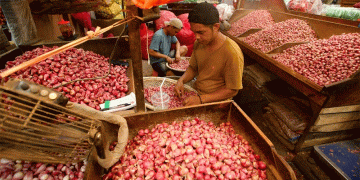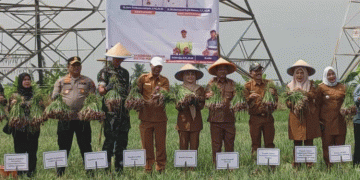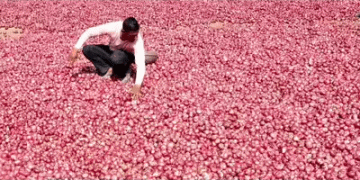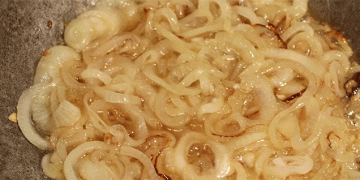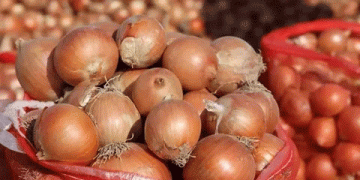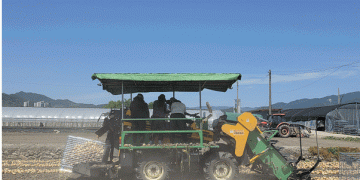#Agriculture #SustainableFarming #NitrogenManagement #BacterialInoculation #CropEfficiency #EnvironmentalConservation #AgriculturalInnovation
In a recent presentation at Bean Day 2024, Associate Professor Paulo Pagliari shared insights into their research, highlighting the potential of bacterial inoculation to revolutionize nitrogen management in agriculture.
In the pursuit of sustainable agriculture, the quest to optimize fertilizer usage while maximizing crop yields remains paramount. Enter Azospirillum brasilense, a nitrogen-fixing bacterium demonstrating remarkable efficacy in reducing nitrogen fertilizer rates for dry edible beans. Led by Paulo Pagliari and his team at the University of Minnesota, this innovative approach holds the key to significant cost savings for growers and environmental conservation.
At Bean Day 2024, Pagliari underscored the urgency of adopting strategies to curtail nitrogen inputs amidst escalating fertilizer costs and mounting ecological concerns. The application of Azospirillum brasilense as a seed inoculant presents a promising solution, potentially slashing nitrogen inputs by up to 25%.
Drawing from extensive trials, Pagliari emphasized the consistent positive responses observed with Azospirillum brasilense compared to previous biological products. Unlike past endeavors where efficacy was elusive, the utilization of this nitrogen-fixing bacteria has yielded promising results across various crops, including wheat, corn, and now, black beans.
While initial trials imported strains from Brazil, Pagliari envisions localizing production to ensure accessibility and affordability for growers. By testing different inoculation rates alongside varying fertilizer regimes, the team aims to optimize the utilization of Azospirillum brasilense, particularly in scenarios with medium to low nitrogen applications.
However, challenges persist, as evidenced by decreased yields observed with full nitrogen rates. Pagliari emphasized the need for further investigation to unravel underlying factors contributing to this phenomenon, from plant population dynamics to physiological stressors.
As the research progresses, Pagliari’s team remains committed to scrutinizing nitrogen dynamics, total nitrogen removal, and bean protein content to refine recommendations for growers. With continued support and funding, the potential of bacterial inoculation to revolutionize nitrogen management in agriculture looms ever closer, heralding a new era of sustainable farming practices.














